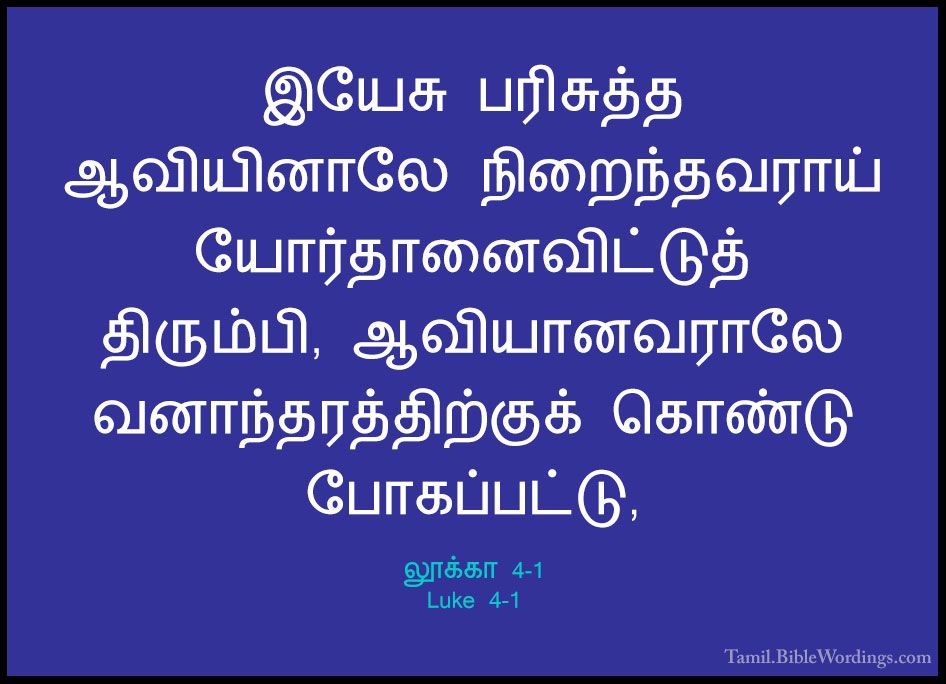

Wisdom helps us recognize the importance of others and the importance of keeping God central in our lives. Through Jesus, we also receive the Gifts of the Holy Spirit in the Sacrament of Confirmation. In the passage, the gifts are considered ones that the Messiah would have possessed. In the Book of Isaiah 11:2-3, the Gifts of the Holy Spirit are described. In “Walking with Jesus: A Way Forward for the Church” he says: His writing helps us to understand Roman Catholic devotional practice as he applies the gifts resting on the Messiah to those received by believers as they confess Jesus Christ as Lord. Most recently, the Bishop of Rome, Pope Francis (Jorge Mario Bergoglio, b. He does not mention, therefore, all the gifts which were bestowed on Christ, for that was unnecessary but only shows briefly that Christ came not empty-handed, but well supplied with all gifts, that he might enrich us with them.Ī fair assessment of the Catholic meaning of the passage requires explanation by Roman Catholic commentators. 5:22, 23) that we are partakers of other blessings than those that are here enumerated, of meekness, chastity, sobriety, truth, and holiness for these proceed from none else than from Christ. Besides, it is very evident that it is through the kindness of Christ ( Gal. 1:7) he receives numerous and lofty commendations drawn from the variety of the effects which he produces.

But as one error commonly follows another, they have chosen to limit the gifts of the Spirit to the number seven, although in other parts of Scripture ( John 14:17 2 Tim. He enumerates only six kinds, but they have added a seventh out of their own head. Out of this passage, the Papists have foolishly and ignorantly drawn their sevenfold grace, and some of the ancients fell into a similar blunder. The Prophet does not here enumerate all the gifts of the Holy Spirit, as some have thought. Calvin’s language is uncompromising as he wrote: John Calvin was emphatic in his Commentary on Isaiah that the Seven Gifts of the Holy Spirit, derived from this passage, are ill-conceived. There is no promise in this passage about such gifts being bestowed upon believers at their baptism, or their confirmation of faith. What do the Seven Gifts of the Holy Spirit Mean for the Believer?Ĭlearly, the passage is, in its most immediate reading, describing the Holy Spirit’s gifts upon the coming Messiah, Our Lord Jesus Christ. Theses are revealed in four New Testament passages: Romans 12:3-8 1 Corinthians 12-14 Ephesians 4:7-13 and 1 Peter 4:10-11. It is essential to recognize that the phrase is a description of a devotional interpretation of the passage, rather than a listing of specific gifts of the Holy Spirit. The Spirit of the Lord shall rest upon Him, The Spirit of wisdom and understanding, The Spirit of counsel and might, The Spirit of knowledge and of the fear of the Lord” ( Isaiah 11:1-2). In that Messianic prophecy of Isaiah, the prophet describes seven manifestations of the Holy Spirit's presence and anointing on the Messiah: “There shall come forth a Rod from the stem of Jesse, And a Branch shall grow out of his roots. The Roman Catholic Church teaches that the Seven Gifts of the Holy Spirit’s divinely-bestowed virtues and graces were identified in Isaiah 11:1-2. The Seven Gifts of the Holy Spirit have traditionally been used by believers in Roman Catholic devotion and practice. are: wisdom understanding counsel fortitude knowledge piety fear of the Lord,” says the Oxford Dictionary of the Christian Church. What are those seven gifts, and how do they apply to the believer? What are the Seven Gifts of the Holy Spirit? ” But perhaps the most famous of these biblical references applied to discipleship resources are the “seven gifts of the Holy Spirit.” Beyond the exposition of passages, other scholars identified systematic truths collected from the Bible and placed in a grouping: e.g., “the seven deadly sins,” “the seven virtues. Thus, sermons and devotionals and pastoral letters were written to encourage and build up the body of Christ based upon virtues or spiritual gifts or ethical practices in references such as “the seven petitions of the Lord’s prayer,” “the eight Beatitudes,” and “the seven last words of Jesus Christ” from the cross. Certain Roman Catholic theologians, in particular, used parts of Scripture which were listed to help in the discipleship goal. Through the ages, believers have identified sections of Scripture that are both memorable and enumerated, as prime candidates for resources to teach the Gospel.


 0 kommentar(er)
0 kommentar(er)
